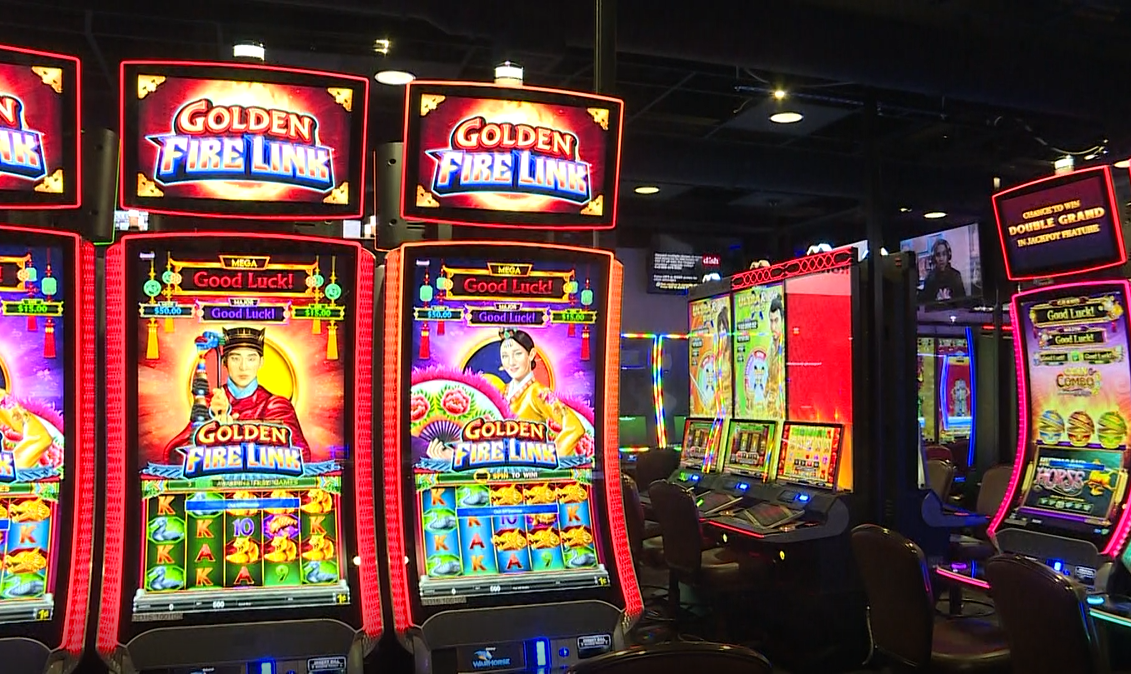Nebraska Lawmakers Want To Tax Skill Games Machines Across the State

A bill to raise taxes on skilled video gaming machines in convenience stores and bars has progressed in Nebraska’s legislative chambers. Introduced as LB 685, the initiative responds to a substantial 60% increase in the prevalence of these games statewide over the last year.
The finalized version gained unanimous approval with a 31-0 vote, marking a crucial step toward a second debate.
The primary objective is establishing regulations and taxation frameworks for these machines, resembling video slot machines found in casinos but requiring a degree of skill for victory.
This distinction positions them away from slot machines, which are recognized as games of chance. Despite this differentiation, state gambling authorities argue that skill games pose comparable addictive and harmful tendencies to traditional slot machines.
Senator John Lowe initiated the legislation, which initially met with resistance from operators who perceived it as overbearing and potentially detrimental to their business viability. Responding to this feedback, Lowe returned with a compromise bill, addressing some of the concerns raised during the initial proposal.
Embedded within LB 685 are several key provisions, including the imposition of a $100 annual fee for each skill video gaming machine. The legislation also introduces a 5% tax on proceeds generated by each skill game, with the tax revenues directed to the state.
Furthermore, businesses housing these skill games would be mandated to derive 60% of their revenue from non-gaming sources, aiming to diversify their income streams. It’s noteworthy that veterans and fraternal clubs have been exempted from this requirement, ensuring that their machines remain tax-free.
Initially proposed at a 20% tax rate, mirroring that of casino video slots, the final version of the bill scales down the tax rate to 5%.
The collected tax revenue is earmarked for specific purposes, including property tax relief, bolstering tourism promotion efforts and a division between the county and city where the machine is situated.
The bill is anticipated to serve as replacement revenue for counties receiving over $60 million annually in inheritance tax revenue.
Senator Mike Jacobson asserts that the machines in question are essentially altered slot machines, constituting a form of gambling with minimal reliance on skill. He points out that the absence of regulated facilities in the western part of the state has led to the uncontrolled rise of these skill games.
According to Jacobson, these establishments are evolving into centers for illicit activities, drawing undesirable elements.
Law enforcement is frequently called to these facilities at unconventional hours due to their continuous 24/7 operation. Jacobson expresses concerns about the unregulated expansion of these gaming machines and the associated impact and challenges it brings.
- Other news categories:
- SlotsUp's news





